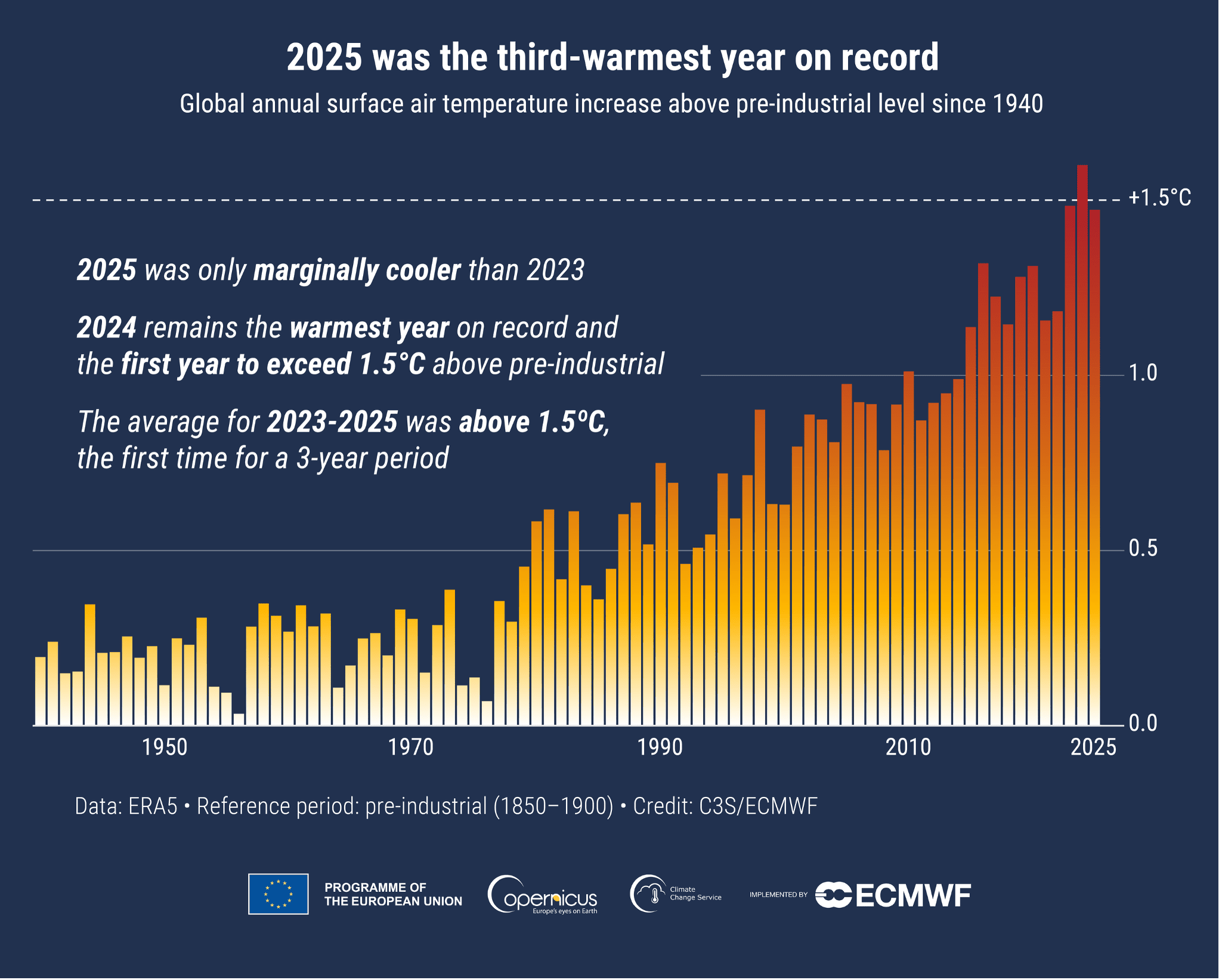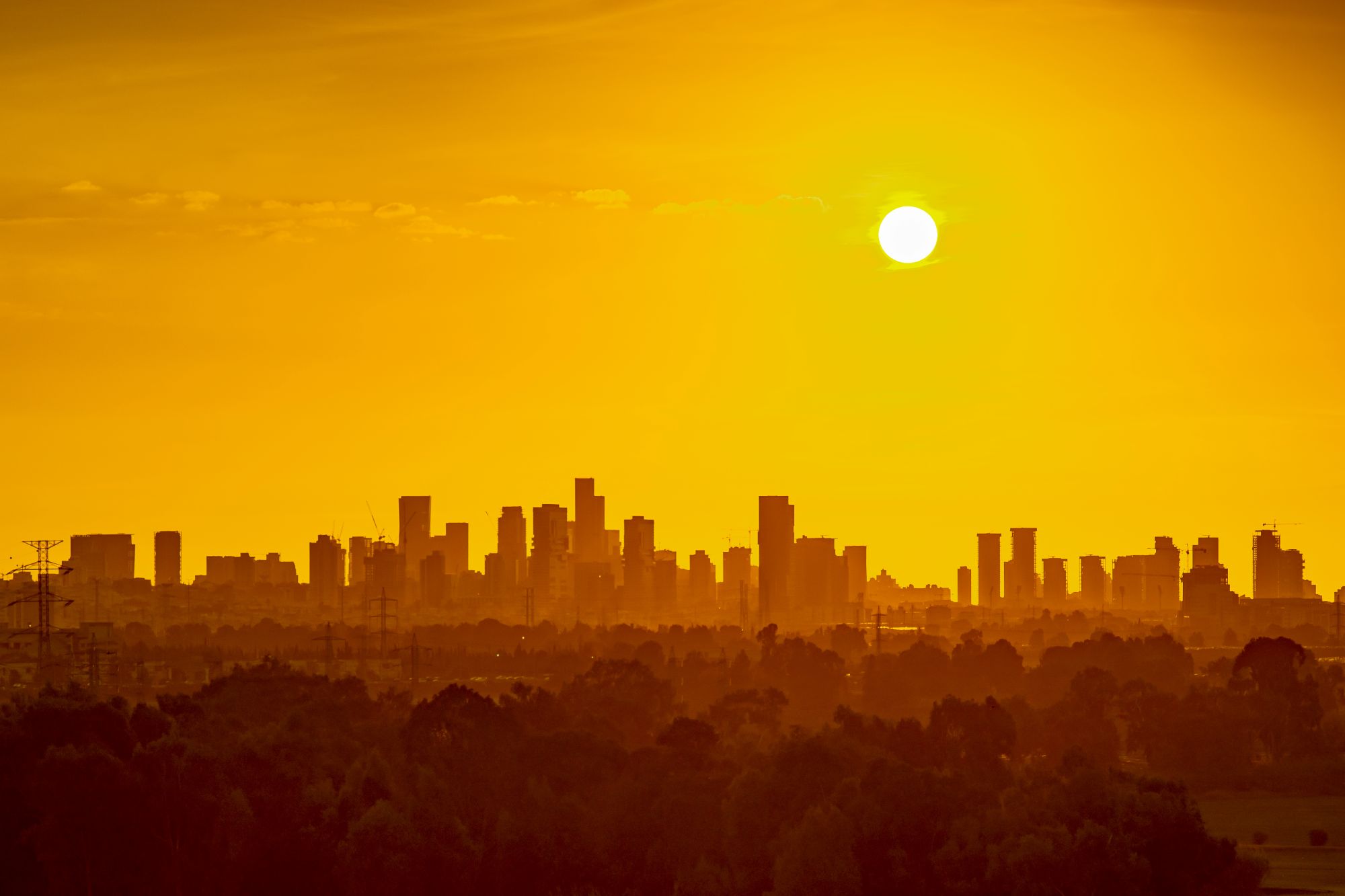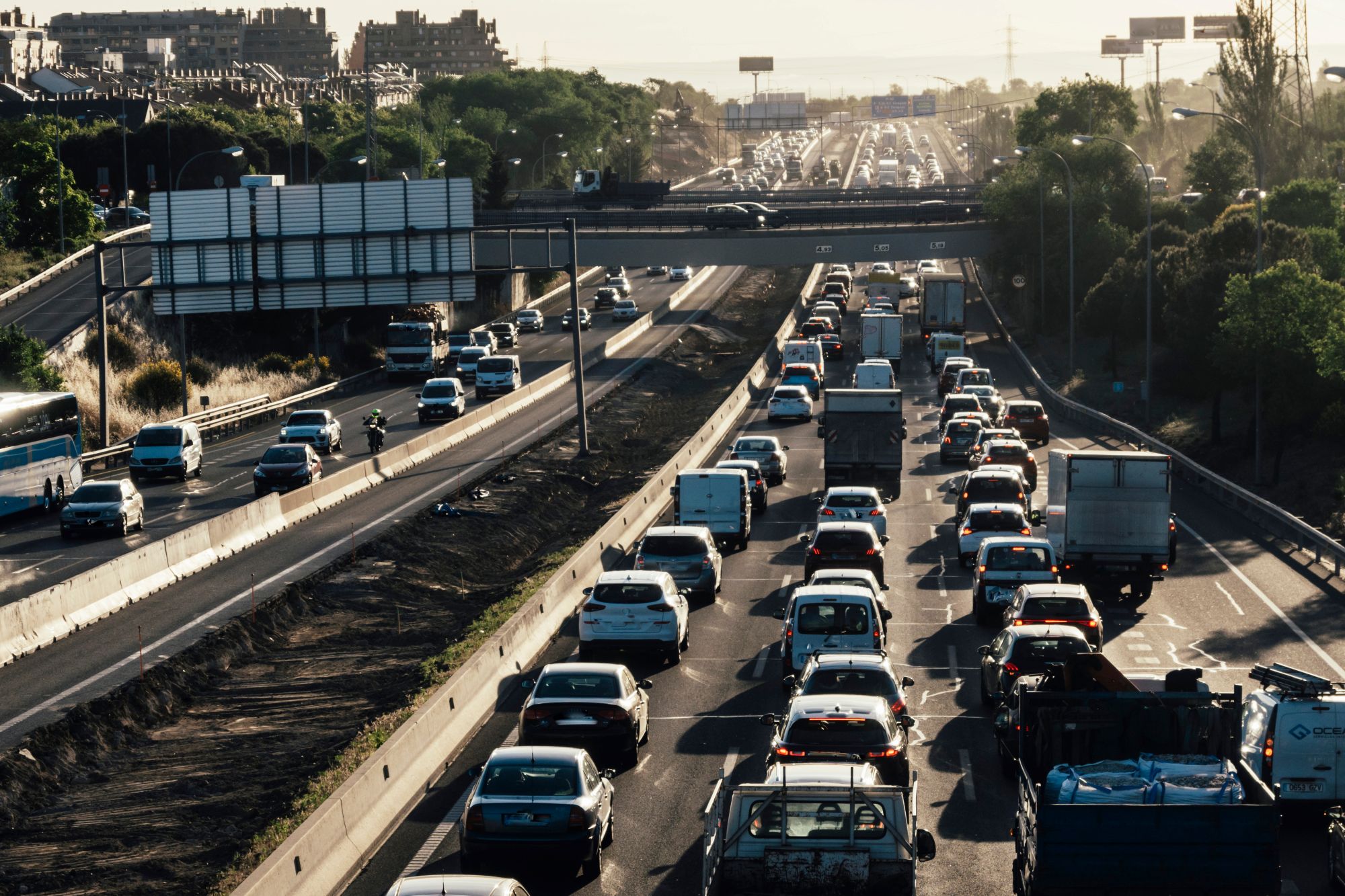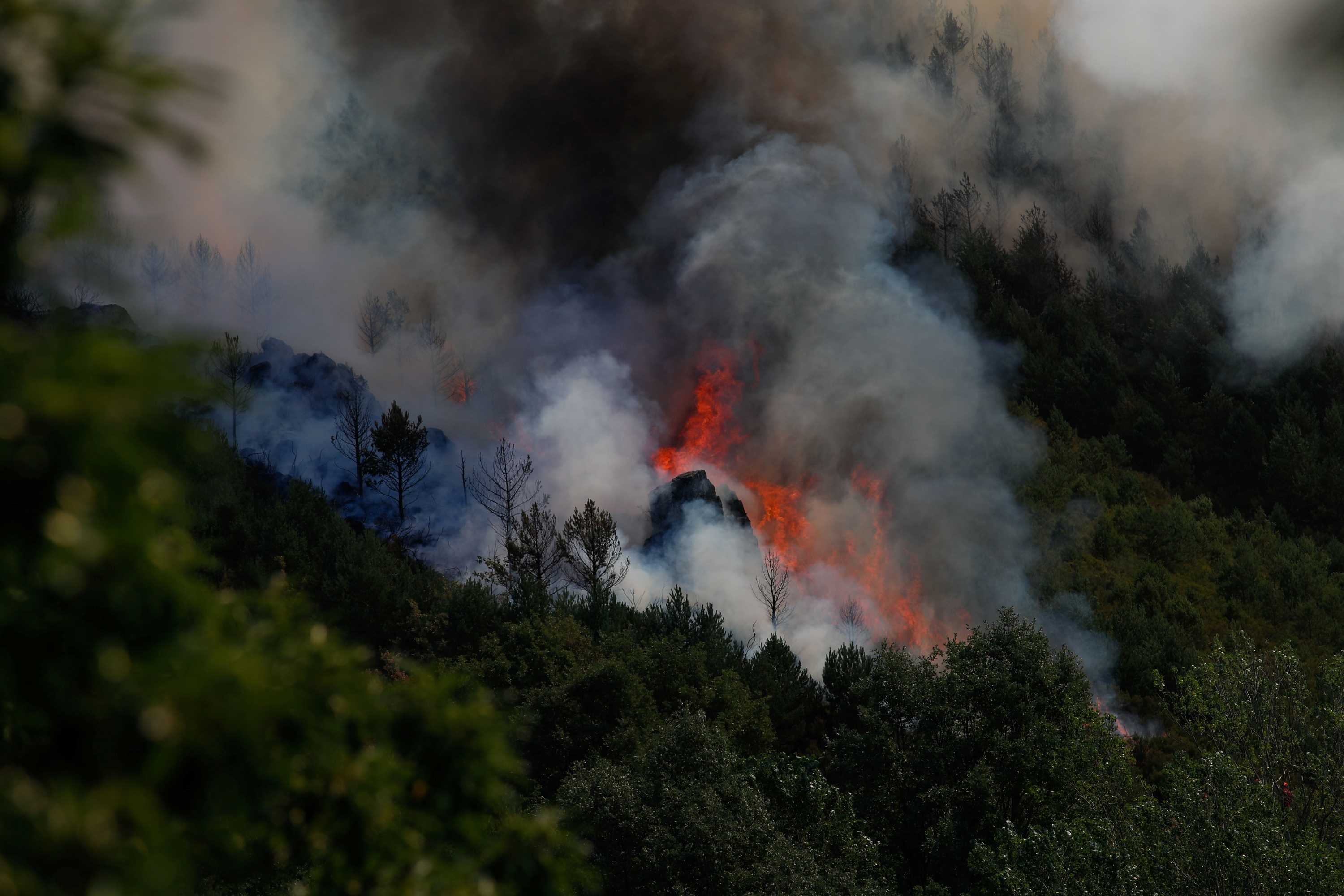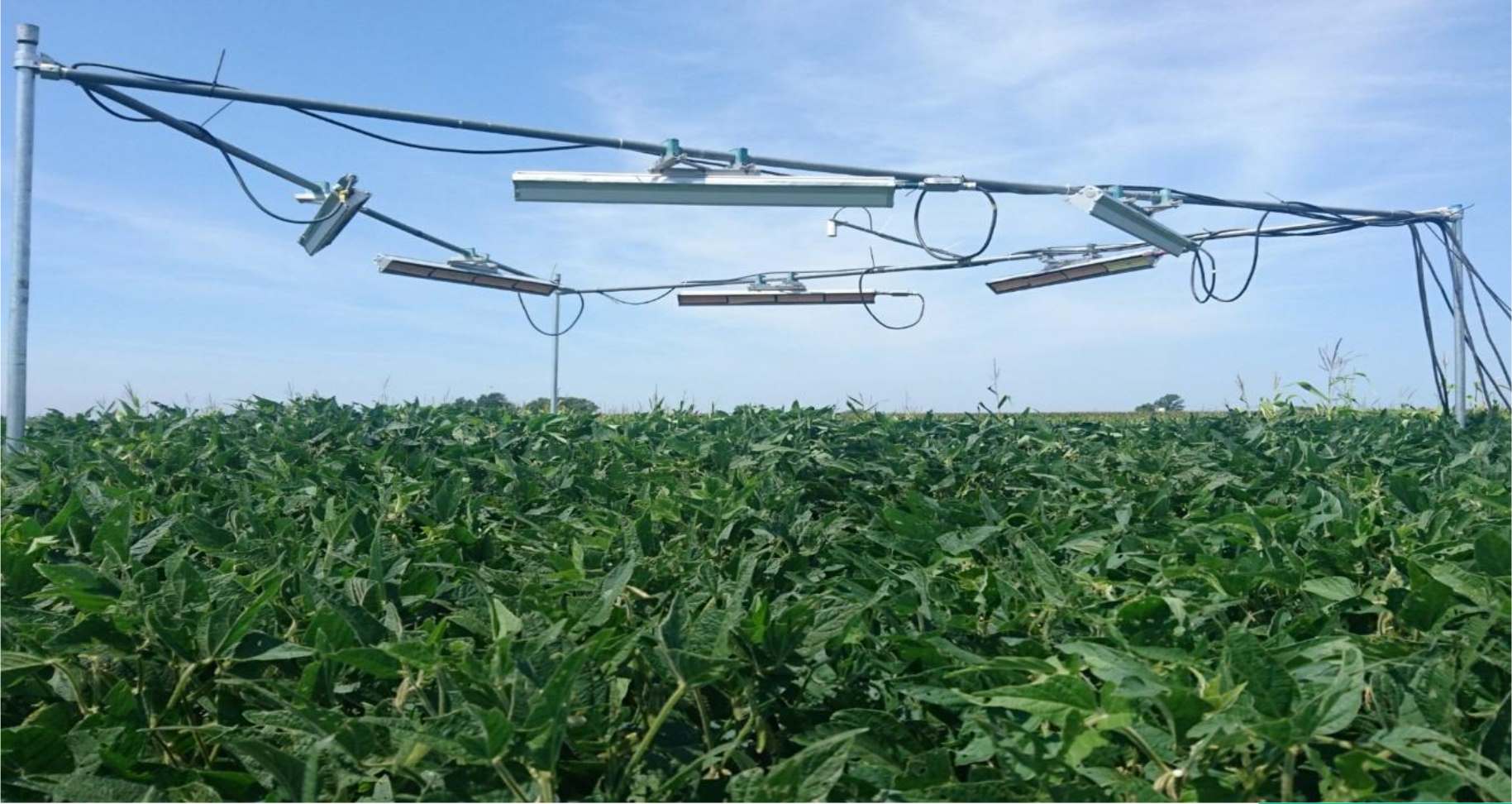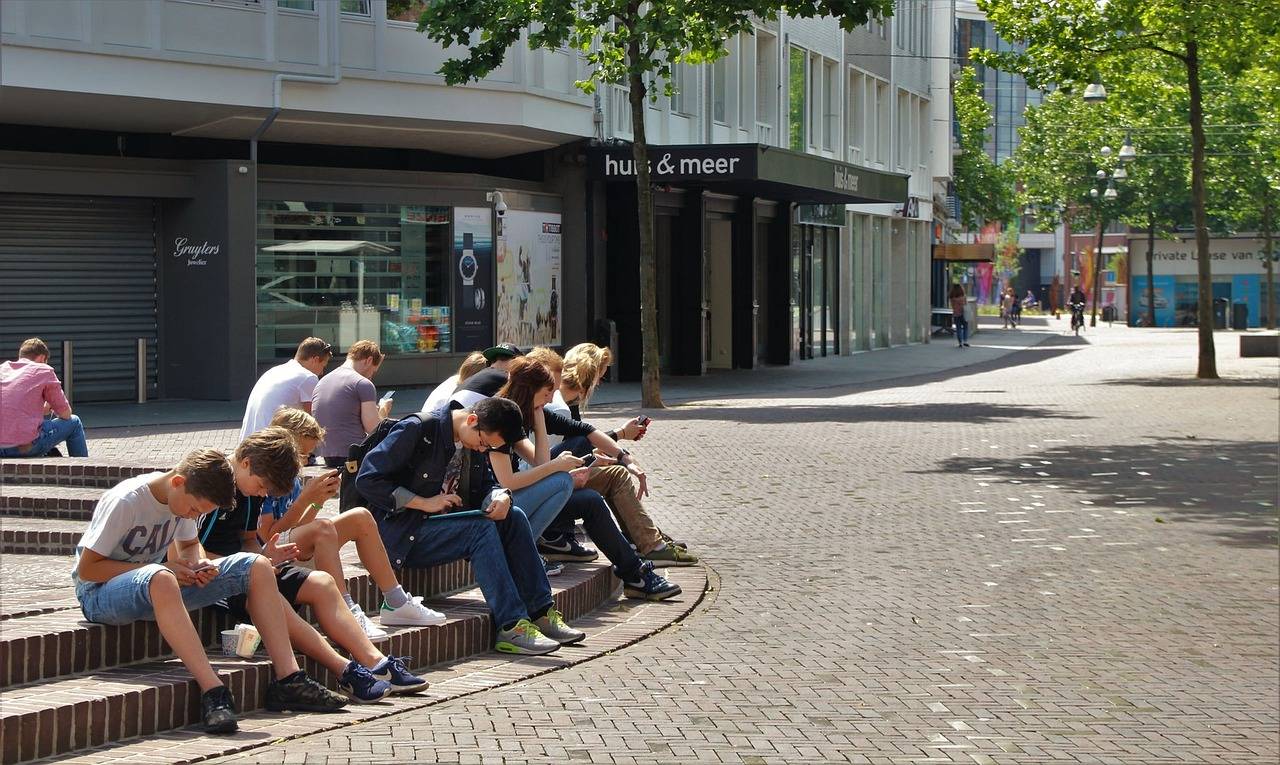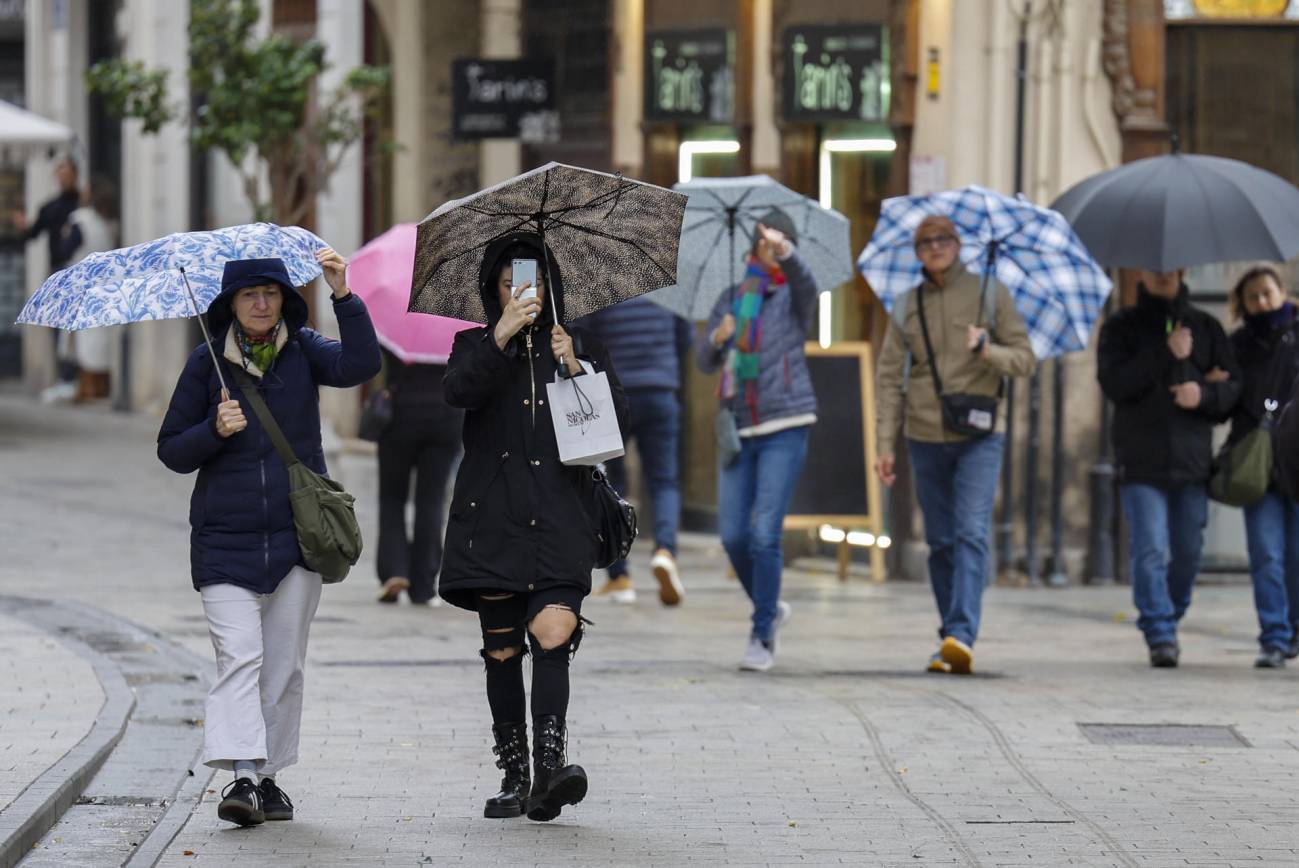2025 was the third warmest year on record
According to data published by the European Centre for Medium-Range Weather Forecasts (ECMWF), which manages the Copernicus Climate Change Service, last year was the third warmest on record. Globally, the last 11 years have been the 11 warmest since records began, and global temperatures for the last three years (2023-2025) have exceeded, on average, 1.5°C above pre-industrial levels (1850-1900). This is the first time a three-year period has surpassed the 1.5°C threshold.
